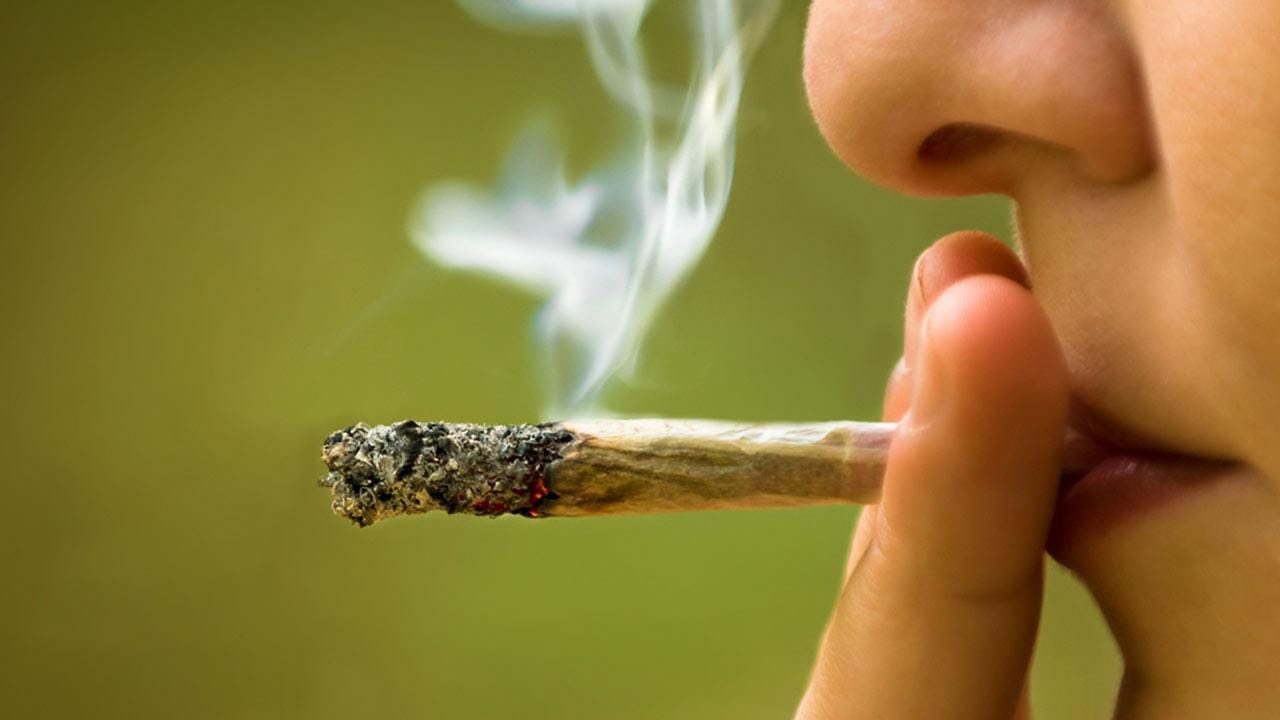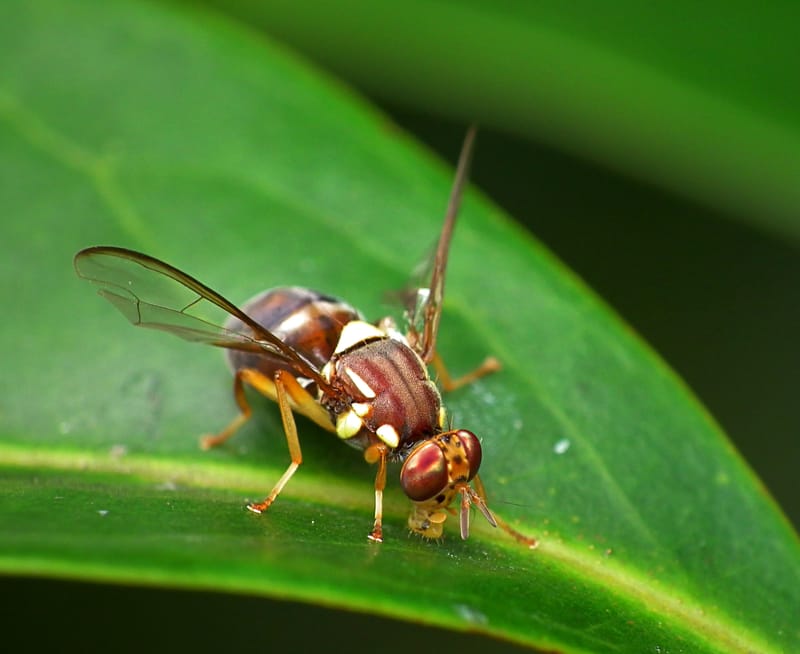Smoking cannabis just once may change the teen brain
BY DAVID McALPINE, Health and Science Editor. Teenagers who smoke recreational cannabis just once or twice can change the structure of their brains, potentially leading to anxiety symptoms later in life.

BY DAVID McALPINE,
Teenagers who smoke recreational cannabis just once or twice can change the structure of their brains, potentially leading to anxiety symptoms later in life.
The Australian-led research, published in the Journal of Neuroscience, compared brain scans of 14 year-olds who had smoked cannabis once or twice and those who had never used the drug.
Swinburne University’s Dr Catherine Orr and colleagues analysed the grey matter volume in 46 subjects from a larger international study, finding an association between one-off marijuana use and structural brain changes.
Senior Lecturer in Psychology at the University of New England, Dr Liz Temple, said the study provides new evidence smoking marijuana can “adversely impact” young brains.
"While many past survey-based studies have found that using cannabis before the age of 16 is linked to a range of adverse outcomes, this new research [...] increases our understanding of how and why this may occur,” Dr Temple said.
“It is, however, important to note that the study found only a small number of cognitive functions and behaviours to be associated with these cannabis use-related brain alterations, with many of the assessed cognitive functions and behaviours being unaffected.”
The authors suggest long-term impacts of low-dose cannabis may include anxiety symptoms.
Exposure to THC, a main component of cannabis, is a “prominent” risk factor for developing schizophrenia in the long-term, according to Professor Darryl Eyles, Director of the Neurobiology Laboratory at the Queensland Brain Institute, University of Queensland.
"Along with stress, THC exposure is one of the most prominent risk factors for schizophrenia. In general the earlier the use, the greater the risk,” Professor Eyles said.
“Therefore, this paper imaging teenage brains exposed to THC is an important contribution, especially as sample numbers are relatively large for imaging studies and this is a non-standard population.”
The study authors and other Australian experts note larger, focused studies with more diverse participants are required to better examine low-level cannabis use in adolescents.
“More in-depth investigation of the concurrent use of cannabis, alcohol and nicotine on the adolescent brain is also important, to increase our understanding of the individual and combined impacts of these substances on normal brain development and function," Dr Temple said.





